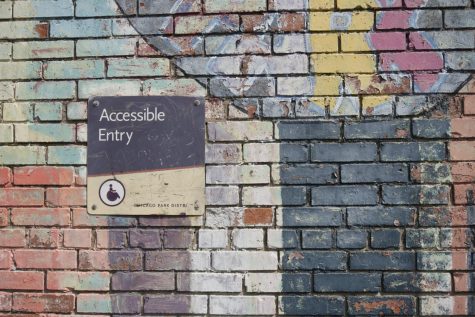Planning for After College Graduation
Image showcasing graduating class of college students | Photo Credit: Wikipedia Commons/Maryland GovPics
You have finally made it to the end. You have worked hard for all of these years, spent a great time, energy, and money completing assignments and maintaining your GPA to finally reach the result where you graduate and earn your degree(s). After all the time a student spends on their college education, many tend to still ask the question: “What now?”. What happens after graduation and how can you prepare and plan for life after school?
Many students consider taking the route of more schooling in order to achieve even higher education and earn a higher degree or receive certification. More school can be a requirement for many different fields even after earning an associate’s or bachelor’s degree. After receiving a bachelor’s, some students seek a master’s, law, or doctoral degree to further their career and gain access to more opportunities after college. To help plan for continuing their education after graduating, a student should consider their potential institutions wisely. It could help to create a list of institutions the student is interested in attending and then applying to these institutions. It is important for a student to do this early (prior to graduation if possible), so that the school has ample amount of time to assess the student’s capabilities and provide them with a decision.
In contrast, plenty of students opts out of further education after receiving their bachelor’s or associate’s degrees. Are you planning on going straight into work after college or are you planning on taking a break before figuring out what you really want to do? These are just a couple of the questions students should ask themselves to help plan what they are going to do after graduation. Some students have jobs already lined up, whether it is from a secured internship extending out an offer or already having a plan or job in the process.
To help plan for a job after graduation, a student should be prepared to put in many applications. This process can be shortened by already having a well-defined resume crafted out with the student’s prior work/internship experience, along with their goals and list of extracurricular activities. The student may also need to prepare their attire for interviews following graduation depending on the type of work the student is looking to pursue. Right now is as good a time as any to network and build connections that may be useful to a student in their chosen career path. It is also important that students plan for servicing their financial loans if they had to take out any to pursue their education. Understanding when and how financial loans need to be paid could be very beneficial for a graduating student. With the right amount of planning and preparation, life after graduation does not have to be unnerving or stressful. Knowing your next move is imperative to a successful career following college graduation.












